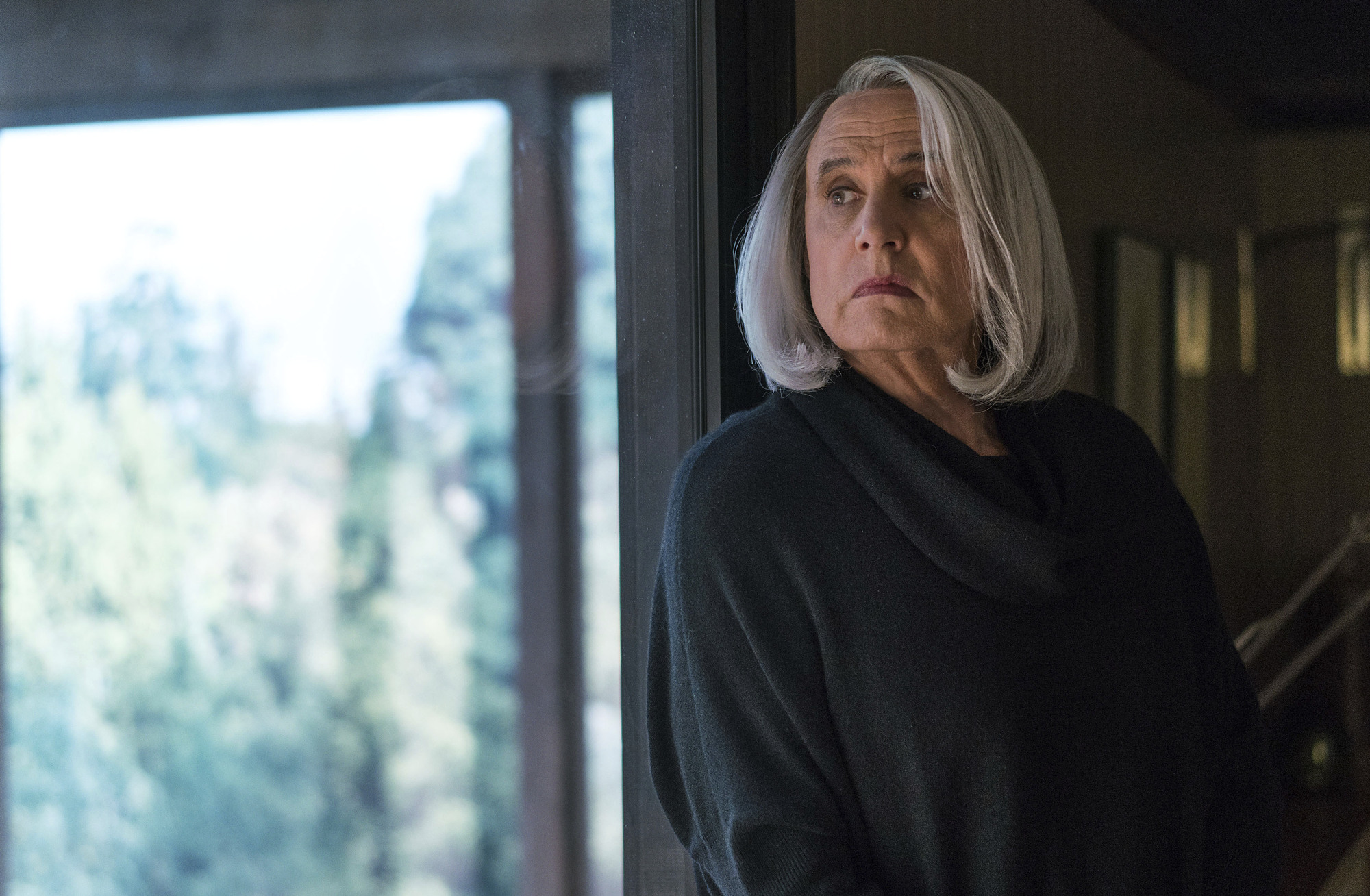Does the #MeToo Movement Actually Impact People’s Viewing Choices?
A new study says ... not really.


The rise of the #MeToo movement has seen some very public fallout for some very prominent entertainment industry men. But while it can be satisfying to see alleged abusers face the consequences of their actions, it’s not the ultimate end goal. Ousting individuals is great, but if the systems and the mentalities that value protecting the status quo over protecting women and men from abuse remain in place, they’ll just be replaced with a new generation of abusers.
So just how much progress is being made? That can be hard to measure, but a recent survey by a research technology company called Morning Consult analyzed how the #MeToo movement impacts audience’s viewing choices. The results are not super encouraging.
Participants were asked how likely they were to see a movie or TV show if the trailer contained an actor who has had accusations of sexual misconduct made against him. Of the 20 actors provided, only two, Louis C.K. and Kevin Spacey, stood out as people whose allegations would deter audiences to a significant degree.
Now, I can’t vouch for the methodology of the study. From what I can see, participants were asked whether that actor’s presence would impact their decision to see a show or film and were asked, as a separate question, whether the allegations against that actor play a role in that decision. So even though Andy Dick rates low on the “would you watch this” question, the allegations of on-set sexual misconduct don’t play much of a role in that opinion. (There’s an interesting interactive chart here.)
Still, there are some interesting questions raised by the survey. Like what is it about Kevin Spacey that sets him so far apart from the others? Also, when broken by demographic, the results are wildly different. Even more than breaking them down along gender lines, those who identify as “frequent movie watchers” (versus television viewers) were overwhelmingly more likely to be deterred by an alleged abuser showing up in a trailer.
Worse than the largely indifferent responses from these participants, though, are the industry quotes Morning Consult provided for context. The company spoke to representatives from a number of Los Angeles public relations firms, and their reactions to this data basically range from ‘give it time and these men will be fine’ to ‘you don’t even have to worry about it now.’
Danny Deraney, the chief executive of one firm said that in these cases, “Time is your best friend.” He cited Mel Gibson as an example of someone who was viewed as box office poison thanks to his racist and antisemitic comments, and who is currently enjoying a cushy comeback.
Susan M. Tellem, from another PR firm–one which has, according to Morning Consult, “represented major entertainment company executives accused of sexual harassment”–says that “the American public is pretty forgiving when it comes to bad celebrities,” especially if people have a strong attachment to a specific actor. They’re less likely then to give up watching an actor that they love, even if they support the idea of boycotting abusers in general. From the study:
Notably, when asked generally about shows or films starring unnamed actors facing #MeToo allegations, nearly half (47 percent) of respondents said they were less likely to tune in, while 34 percent said such allegations made no impact on their viewership. Nine percent said they’re more likely to watch. Attitudes became more lax when specific actors and shows were named.
For those making money off of alleged abusers, they’re looking at the cost-benefit analysis of standing by their clients. Rather than working to break down the systemic complicity and support given to these men, they’re playing the biding time game, hoping that eventually, everything will go back to normal.
(Case in point: Just today, Roseanne Barr was dropped by her agency after her show was cancelled. It sure is a lot easier to “do the right thing” when you don’t stand to lose that much money.)
We all get to draw our own lines in the sand when comes to what we choose to watch and support. I’m not going to judge anyone’s choices. But it sure seems like most viewers aren’t even making choices. Sure, it would be nice if those at the top purged their payroll of any and all abusers, but maintaining the status quo–especially when it’s making them money–is so much easier to protect than those speaking out against it. That’s what we mean when we talk about dismantling the systems of abuse, rather than (or in addition to) going after individuals.
Oh, also, to that nine percent that say they’re more likely to watch a show if it stars an alleged abuser–
(image: Jennifer Clasen / Amazon)
Want more stories like this? Become a subscriber and support the site!
—The Mary Sue has a strict comment policy that forbids, but is not limited to, personal insults toward anyone, hate speech, and trolling.—
Have a tip we should know? [email protected]
